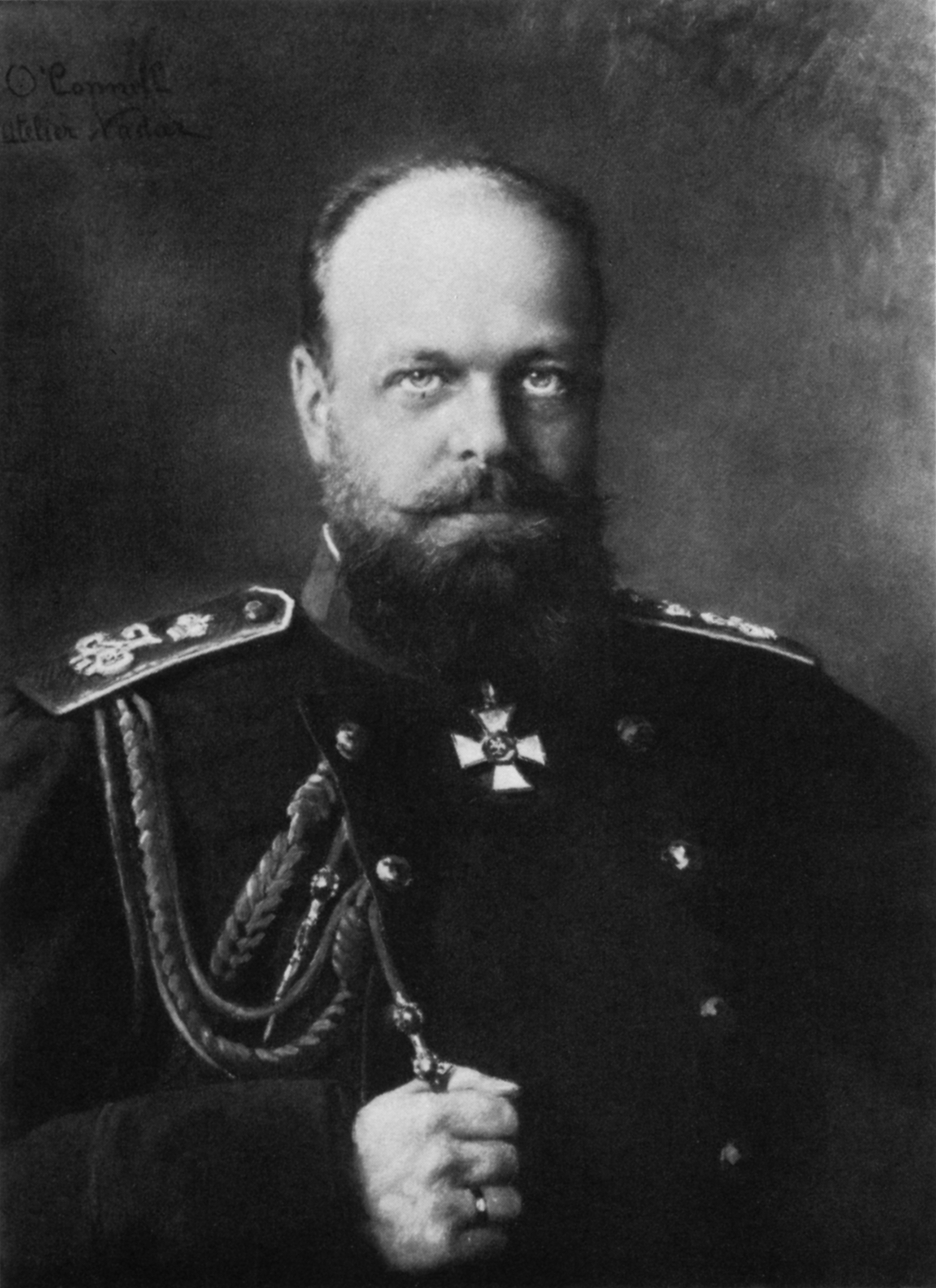
Philosophy and Video Games: Idealism and Closure
by Johannes ClimacusWhat if the material world didn't really exist if someone wasn't there looking at it? Although the thought seems strange, it has a long pedigree in philosophy, from the Zen masters (we've all heard the
koan, "If a tree falls in the woods and no one is there to hear it, does it make a sound?") to Heisenberg's
uncertainty principle. But this idea can also be discerned within the mainstream of Western philosophy, and its history and development goes something like this:

In his
Meditations on First Philosophy,
René Descartes (1596-1650) tried to find something that was absolutely certain by attempting to doubt everything. Among those things which seemed most doubtful was his perceptions of sensible things. In formulating his famous statement, "
cogito ergo sum" ("I think, therefore I am"), he thought he had found the most certain thing, namely, himself as a thinking thing. Although it was probably not Descartes' intent, what this line of reasoning introduced was the notion that the senses were too fallible, and thus too untrustworthy to be the basis for certainty in philosophy. Instead, only "clear and distinct ideas" were "perfect" enough to be be known with certainty, and thus serve as the basis for knowledge. An example of a "clear and distinct" idea could be a triangle, but it is important to note that this kind of idea isn't merely an image or a picture of a triangle in the mind. Rather, it is the concept of "a geometrical object comprised of 3 lines or 3 vertices the sum of whose interior angles equals 180 degrees." In the same sense, "2 + 2 = 4" and "S -> P, ¬P, :. ¬S" are also clear and distinct ideas. Since the senses are ultimately untrustworthy in comparison to our ideas, it follows that we are only able to trust them in as far as our ideas supervene upon sense experience.
But this raises the question of causality. If we have knowledge of things through sense experiences because of our knowledge of ideas, where does our knowledge of ideas come from? As David Hume (1711-1776) would later argue, ideas such as causality can't derive from sense experience. Descartes maintained that ideas were innate, pre-existing in the mind as a "disposition," waiting for the occasion when the idea becomes fully formed in the mind. But he offered little by way of explaining how ideas pass from potentiality to actuality.
 One possible solution proposed by Nicolas Malebranche (1638-1715), was to attribute it to God. Since clear and distinct ideas alone are perfect (as opposed to the sensible world of material things), then they must already have a connection to God, who was the epitome of perfection. It was also a generally accepted idea at the time that God was was responsible for essential change in the world (God was the efficient cause of things, while matter itself was the material cause). It was no great leap to assume God would also be responsible for the change from potential to actual ideas in the mind on the occasion that one experienced the sensible conditions for such change. Malebranche's theory came to be known as "occasionalism."
One possible solution proposed by Nicolas Malebranche (1638-1715), was to attribute it to God. Since clear and distinct ideas alone are perfect (as opposed to the sensible world of material things), then they must already have a connection to God, who was the epitome of perfection. It was also a generally accepted idea at the time that God was was responsible for essential change in the world (God was the efficient cause of things, while matter itself was the material cause). It was no great leap to assume God would also be responsible for the change from potential to actual ideas in the mind on the occasion that one experienced the sensible conditions for such change. Malebranche's theory came to be known as "occasionalism."
 Malebranche might have answered the original problem, but he introduced an even greater one. If our knowledge of material things is dependent upon our ideas, and our ideas don't arise directly from our encounter with the sensible world, then what exactly is the point of even positing a material world? That very question was at issue for George Berkeley (1685-1753), the English empiricist best know for the phrase "esse est percipi" ("to be is to be perceived"). Berkeley (pronounced "barklay") argued that the physical world was merely a collection of ideas, and had no real existence outside of perception. Like Malebranche's occasionalism, Berkeley maintained that on the occasion of an intelligent agent engages in the act of perception, God brings about the ideas in the mind necessary to make the world perceptible. In other words, the material world doesn't exist in itself, but only in so far as active intelligent agents are perceiving the world.
Malebranche might have answered the original problem, but he introduced an even greater one. If our knowledge of material things is dependent upon our ideas, and our ideas don't arise directly from our encounter with the sensible world, then what exactly is the point of even positing a material world? That very question was at issue for George Berkeley (1685-1753), the English empiricist best know for the phrase "esse est percipi" ("to be is to be perceived"). Berkeley (pronounced "barklay") argued that the physical world was merely a collection of ideas, and had no real existence outside of perception. Like Malebranche's occasionalism, Berkeley maintained that on the occasion of an intelligent agent engages in the act of perception, God brings about the ideas in the mind necessary to make the world perceptible. In other words, the material world doesn't exist in itself, but only in so far as active intelligent agents are perceiving the world.
So what would the world look like if you could somehow step out of the system, and see what the universe might look like from God's point of view? It might look something like the Flash Web game Closure.
In
Closure, your character must move about the world in search of the door to exit each level. Only certain points of the map are illuminated, often by an orb which is the source of illumination in each level. Where the level is in darkness, the world does not exist; stepping outside of the light causes your character to fall into the void. To successfully find the exit, you must illuminate a path through the darkness from the starting point to the exit.
(Thanks to Samer at freewaregenius.com for recommending this game and pointing to its philosophical implications.)
 The recent decision to end UL-Lafayette's philosophy program points towards a trend in philosophical education in the United States (see Another One Bites The Dust). While educational institutions in the U.S. are eliminating philosophy from higher education, Britain is adding philosophers in schools. Dr Anthony Seldon, master of Wellington College in Crowthorne, Berkshire, recently hired Dr. Julian Baggini, co-founder of The Philosophers' Magazine, as the philosopher-in-residence to teach pupils "to think and reason." According to Seldon, "the teaching of reasoning and philosophy are a basic right."
The recent decision to end UL-Lafayette's philosophy program points towards a trend in philosophical education in the United States (see Another One Bites The Dust). While educational institutions in the U.S. are eliminating philosophy from higher education, Britain is adding philosophers in schools. Dr Anthony Seldon, master of Wellington College in Crowthorne, Berkshire, recently hired Dr. Julian Baggini, co-founder of The Philosophers' Magazine, as the philosopher-in-residence to teach pupils "to think and reason." According to Seldon, "the teaching of reasoning and philosophy are a basic right."







